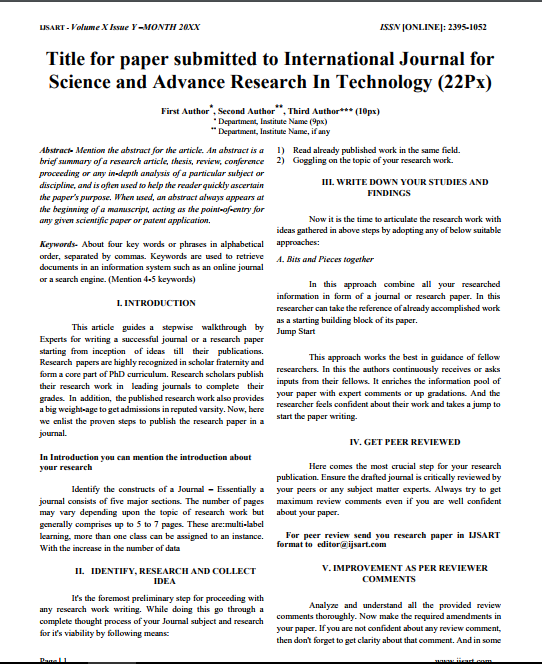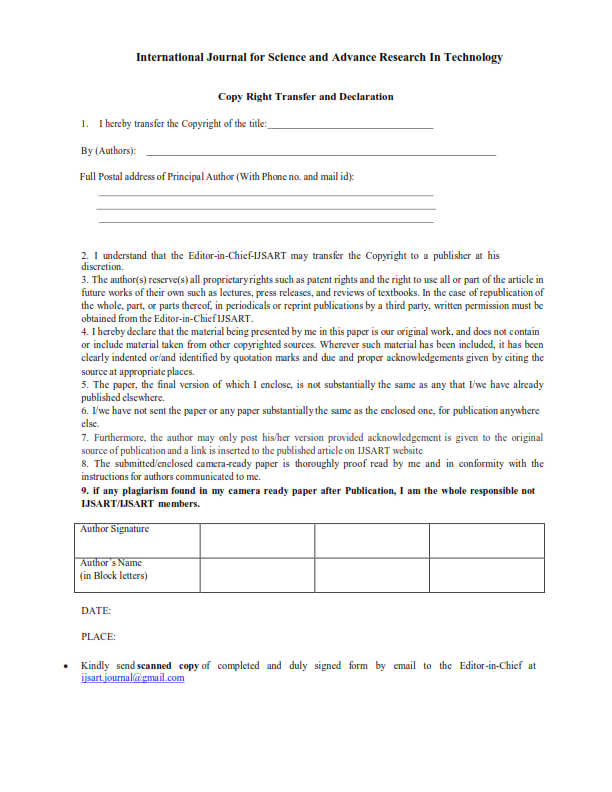Impact Factor
7.883
Call For Paper
Volume: 11 Issue 05 May 2025
LICENSE
Characterization Of Bacteriocins Produced By Lactobacillus Species Isolated From The Traditional Yoghurt And Their Antimicrobial Activity Against Common Foodborne Patogens
-
Author(s):
Mrs.Mamta Sahu | Dr.Mrs. Varun Dwivedi
-
Keywords:
Antimicrobial Activity, Bacteriocin, Lactic Acid Bacteria, Lactobacillus Plantarum. Milk Fermentation
-
Abstract:
Lactic Acid Bacteria (LAB) Are Widely Known For Their Probiotic Activities For Centuries. These Bacteria Synthesise Some Secretory Proteinaceous Toxins, Bacteriocins, Which Help Destroy Similar Or Interrelated Bacterial Strains. This Study Was Aimed At Ch
Other Details
-
Paper id:
IJSARTV7I1150771
-
Published in:
Volume: 7 Issue: 11 November 2021
-
Publication Date:
2021-11-08
Download Article


